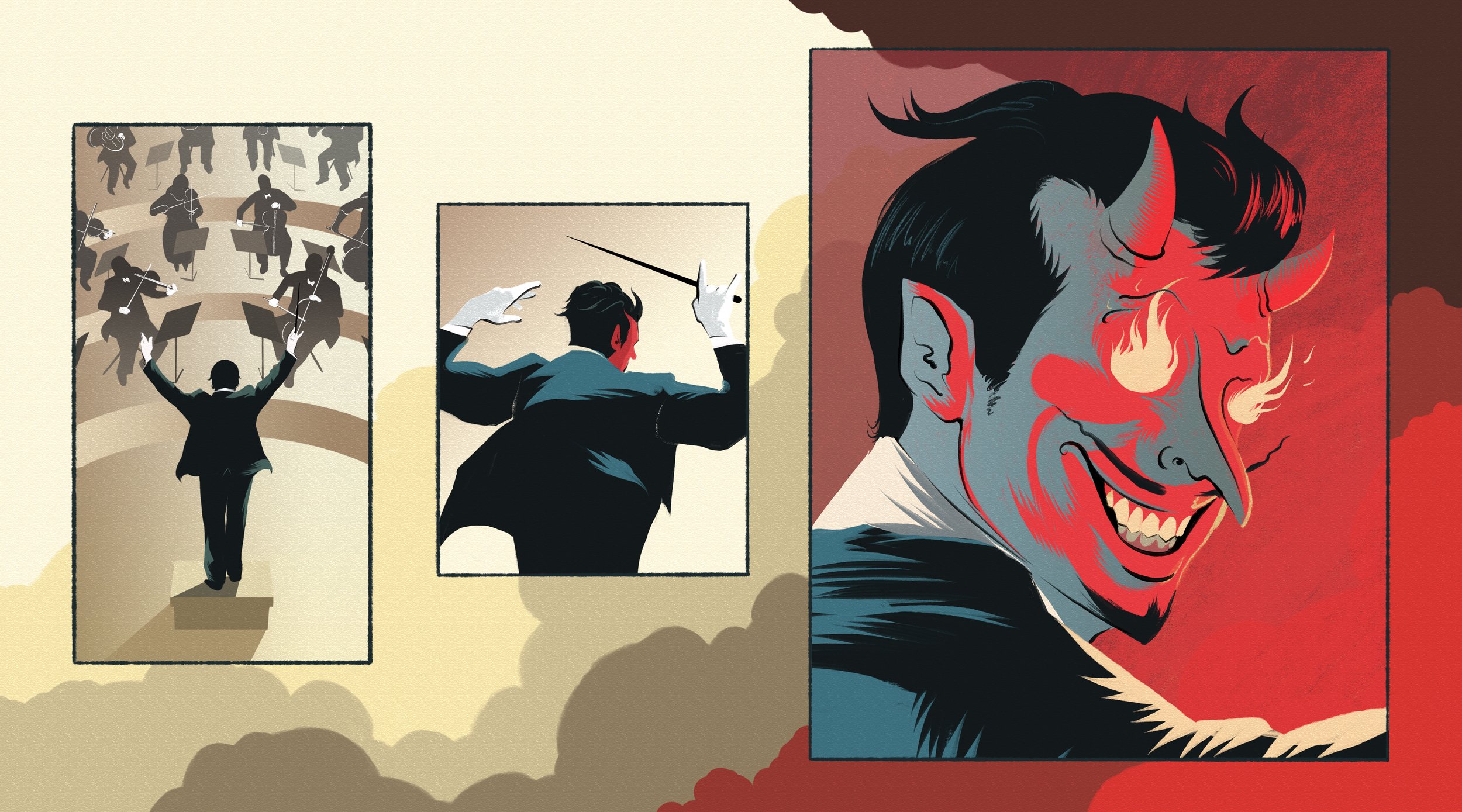In the late 80s and early 90s, 900 numbers were all the rage. For a couple bucks a minute, you could call and hear from Hulk Hogan and Freddy Kreuger, have a psychic predict your future, and even find true love. In this episode, we dig into the wild world of 900 numbers, and explore why they came about, what made them so appealing, and why they ultimately faded away. Featuring Doug Fraser of the Curious State podcast, 900 number experts Bob Bentz and David Wood, and a surprise guest…
Tokyo Rose: World War II’s most controversial radio DJ
In World War II, the Japanese military operated a propaganda station called Radio Tokyo. Along with jazz music, the station featured several English-speaking female announcers, who became collectively known as Tokyo Rose. But who was Tokyo Rose? And was she really the treacherous villain that the US government made her out to be? This story comes from the History Daily podcast.
TikTalk: The woman who sued TikTok for using her voice
In 2018, voiceover artist Bev Standing recorded 10,000 sentences for the Chinese Institute of Acoustics. Bev was told the recordings would be used for a translation app, but three years later, she was shocked to discover that she had become the default voice of TikTok in North America. On TikTok, Bev heard herself saying all kinds of wild and inappropriate things. So, she decided to sue. In this episode, Bev tells her story, and we hear from the voice who replaced her.
The sonic secrets behind Ted Lasso
Ted Lasso is about more than just an incompetent soccer coach—it’s about overcoming challenges by working together. And that’s exactly what the show’s sound team had to do when the pandemic hit just two episodes in. From creating crowds of thousands using just a few voices, to recording actors in their own closets, they managed to turn lockdown into an opportunity for innovation. Featuring Ted Lasso’s Supervising Sound Editor Brent Findley and Dialog Editor Bernard Weiser.
Sonic Happiness: A guide to feeling better through sound
We spend a lot of time curating for taste, touch, smell, and vision. But too often, sound gets overlooked. We forget that we can get rid of sounds that annoy us, and surround ourselves with sounds that we love. When we do, it can have huge benefits for our mood and wellbeing. In this episode, Dr. Laurie Santos of The Happiness Lab joins Dallas to create a Handbook for Sonic Happiness. Featuring auditory psychologist David Poeppel, psychology researcher Giulia Poerio, clinical psychologist Ali Mattu, sound scholar Mac Hagood and acoustician Trevor Cox.
Shock Horror A: The origin of the dramatic “Dun, dun, duuun!”
There’s a certain musical phrase that you’ve probably heard hundreds of times. It’s used to emphasize dramatic moments in movies, cartoons, commercials and musicals, most often as a gag. But while this little melody is everywhere today, the question is: Where did it come from? In this episode, we investigate the mysterious origins of a famous 3-note sting. Featuring Sound Historian Patrick Feaster and Composer Dick Walter.
Sleight of Ear: Behind the scenes w/ Dallas Taylor
What does a sound designer do all day? How do noise canceling headphones really work? And why do modern movie trailers all sound the same? In this follow-up to our 150th episode, Dallas shares the secrets of sound design with Jordan Harbinger. They also discuss audio deepfakes, sonic branding, and the eternal argument over analog vs. digital. This interview comes from The Jordan Harbinger Show.
Breathe: My Unexpected Journey
What if you woke up one day, and found that you could no longer do the thing that gave you the most joy in your life? The thing that gave you purpose? The thing that defined your past, and was supposed to define your future? For our 150th episode, Dallas tells the personal story of how he lost something that meant the world to him… and how that loss eventually led him to become the person he is today. This story comes from the podcast Meditative Story.








